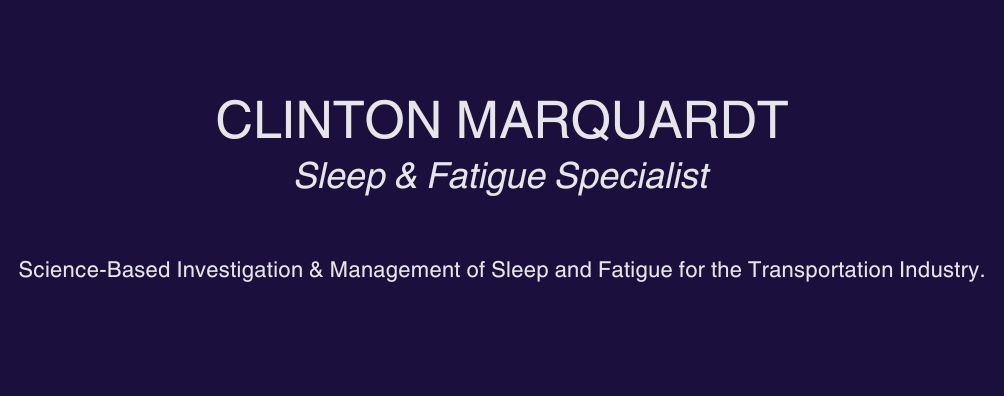I recently talked about the counter-clockwise fast rotating shift schedule; I said it had to be the worst shift schedule possible. This schedule’s only rival is no schedule at all. But to really stink, these “no schedule” schedules have to include work periods that make you sleep at all sorts of times during the day and night. There are a few groups still working these arcane shifts. Some healthcare professionals, like emergency doctors, and  some transportation workers, like the Canadian freight rail operators, work this way. These workers are essentially on-call 24/7, working any time day or night. This means they are also sleeping, or trying to sleep, at any time, day or night. If you do this often enough and long enough, your circadian rhythms can become desynchronized making it difficult to sleep when you want to and hard to stay awake and alert when you need to.
some transportation workers, like the Canadian freight rail operators, work this way. These workers are essentially on-call 24/7, working any time day or night. This means they are also sleeping, or trying to sleep, at any time, day or night. If you do this often enough and long enough, your circadian rhythms can become desynchronized making it difficult to sleep when you want to and hard to stay awake and alert when you need to.
You don’t need to do on-call work to start having sleep problems. Lots of poorly designed shift schedules can increase the risk of Shift Work Sleep Disorder. This is a medically recognized disorder that affects between 2% and 5% of the general population[1]. Shift-workers with this sleep disorder experience insomnia or excessive sleepiness when they work shift-work. The sleepiness often happens at work and this can decrease performance and pose serious risks to safety. The disorder can also impact family, marital and social relationships because the shift-worker spends most of their free time getting as much recovery sleep as they can.
Older shift-workers and people who consider themselves to be “morning larks” are predisposed to Shift Work Sleep Disorder[1]. The circadian rhythms of many of the people with the sleep disorder, including older shift-workers and morning larks, may be desynchronized and no longer show a normal 24 hour pattern, just like on-call workers.
What happens when your shift schedule stinks? You increase the risk of Shift Work Sleep Disorder.
Reference
[1] American Academy of Sleep Medicine (2001). The International Classification of Sleep Disorders (ICSD), Revised: Diagnostic and Coding Manual. Chicago, Illinois: American Academy of Sleep Medicine.


